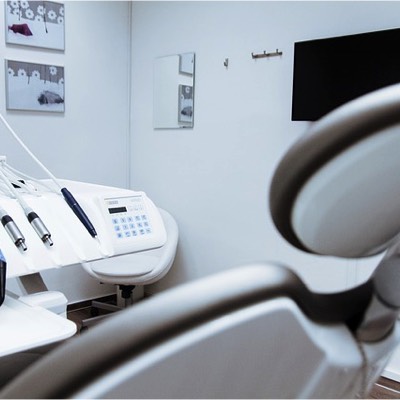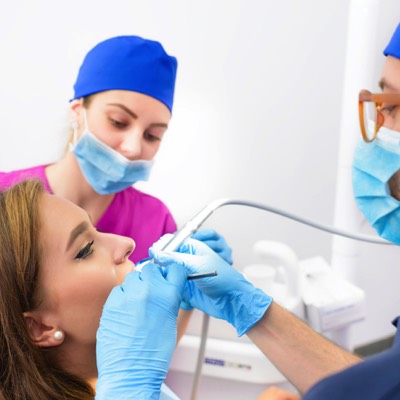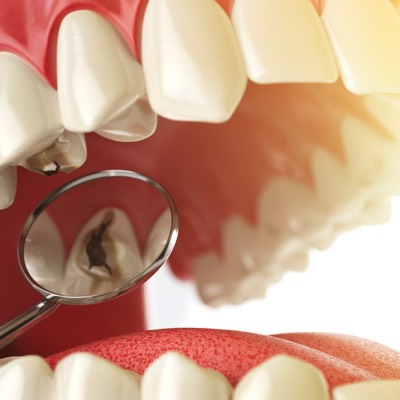Oral Health and Pregnancy
A lot of patients ask if they have to take extra care of their oral health during pregnancy.
During pregnancy there is a rise in body hormone levels which can cause pronounced gingivitis. Gingivitis is a condition that results from un-removed plaque on your teeth which irritates the gums making them red and tender and bleeding easily.
Hormonal increases during pregnancy exaggerates the way that gum tissue react to irritants in the plaque. Even with this change you can keep your oral health in excellent condition by thoroughly brushing and flossing your teeth daily and eating a nutritional balanced diet.
Also keeping your regular dental visits for cleaning and check up is advisable. If any pregnant patients need a dental treatment for any condition it is recommended to be done in the second trimester.
I also hear the question of whether is it true a tooth is lost for every pregnancy? And the answer is No. This is not true. Teeth lost during pregnancy are always due to severe cavities or gum disease that was neglected for a period of time.
Frequent dental check ups are recommended during pregnancy.
During pregnancy there is a rise in body hormone levels which can cause pronounced gingivitis. Gingivitis is a condition that results from un-removed plaque on your teeth which irritates the gums making them red and tender and bleeding easily.
Hormonal increases during pregnancy exaggerates the way that gum tissue react to irritants in the plaque. Even with this change you can keep your oral health in excellent condition by thoroughly brushing and flossing your teeth daily and eating a nutritional balanced diet.
Also keeping your regular dental visits for cleaning and check up is advisable. If any pregnant patients need a dental treatment for any condition it is recommended to be done in the second trimester.
I also hear the question of whether is it true a tooth is lost for every pregnancy? And the answer is No. This is not true. Teeth lost during pregnancy are always due to severe cavities or gum disease that was neglected for a period of time.
Frequent dental check ups are recommended during pregnancy.





